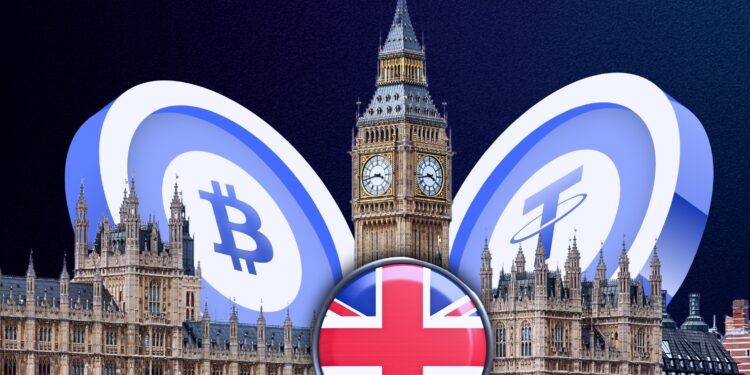In a major milestone for the legal environment surrounding digital assets, a new bill has been filed in Parliament to clarify the legality of cryptocurrencies and other digital holdings under English and Welsh law.
Last week, the Property (Digital Assets etc.) Bill was introduced in the UK Parliament, formally recognizing Bitcoin and other cryptocurrencies as personal property.
The recent bill will allow digital assets, such as cryptocurrencies, non-fungible tokens like digital art, and carbon credits, to be legally recognized as personal property for the first time in British history.
Scope of the Property (Digital Assets, etc.) Bill
The adoption of this Bill is expected to provide better legal protection to digital asset owners by resolving previously confusing legal situations. Before this legislative shift, digital assets were subject to a legal gray area which often left their owners defenseless against theft, fraud, and legal complications.
By giving these assets a definitive legal basis, the Bill seeks to address and give owners more protection against fraud and scams. Additionally, it aims to support the legal system in settling complicated situations involving digital holdings, including divorce-related conflicts or settlements involving digital assets.
The UK’s leadership in the legal and technology industries is dependent on this legislative change, according to Justice Minister Heidi Alexander. Alexander stated, “Our world-class legal services play a critical role in our economy, propelling growth and maintaining Britain’s leadership position in the global legal sector.” “The law must keep up with the rapid advancement of technology. This legislation will enable this sector to continue leading the world in cryptocurrency assets and provide clarity in complicated property cases.”
Conclusion
The introduction of this bill generally connotes a step in the right direction and great news for the entire crypto sector as more and more regulations are being introduced.
The UK, in its capacity, is establishing a standard for the legal handling of digital assets by recognizing them as personal property, putting them at the forefront of global legal and technological advancement. This measure is likely to not just safeguard digital asset owners, but also to strengthen the UK’s position as a global leader in legal services.




















